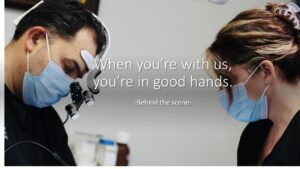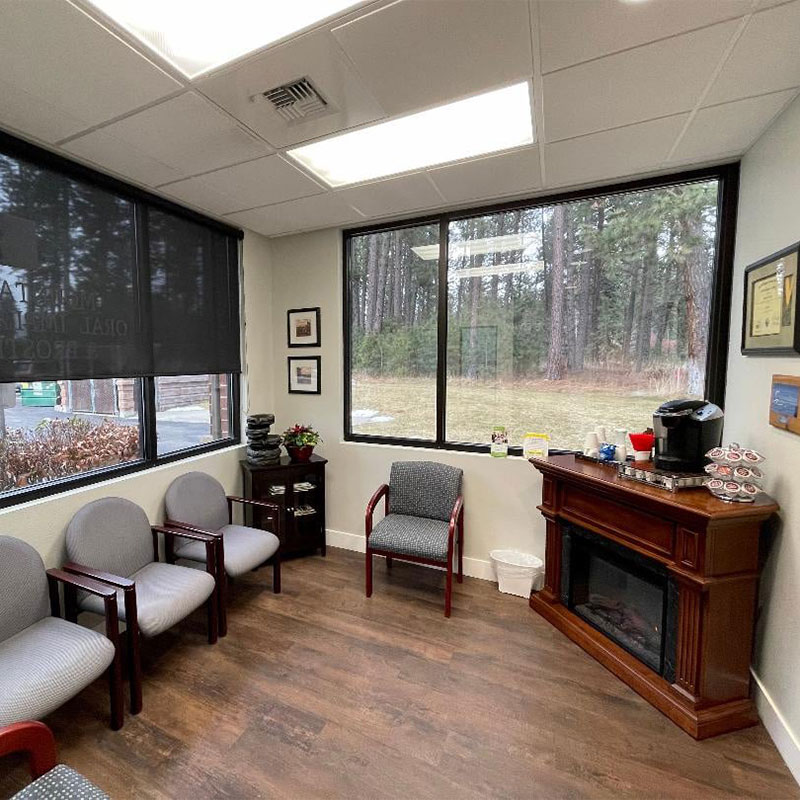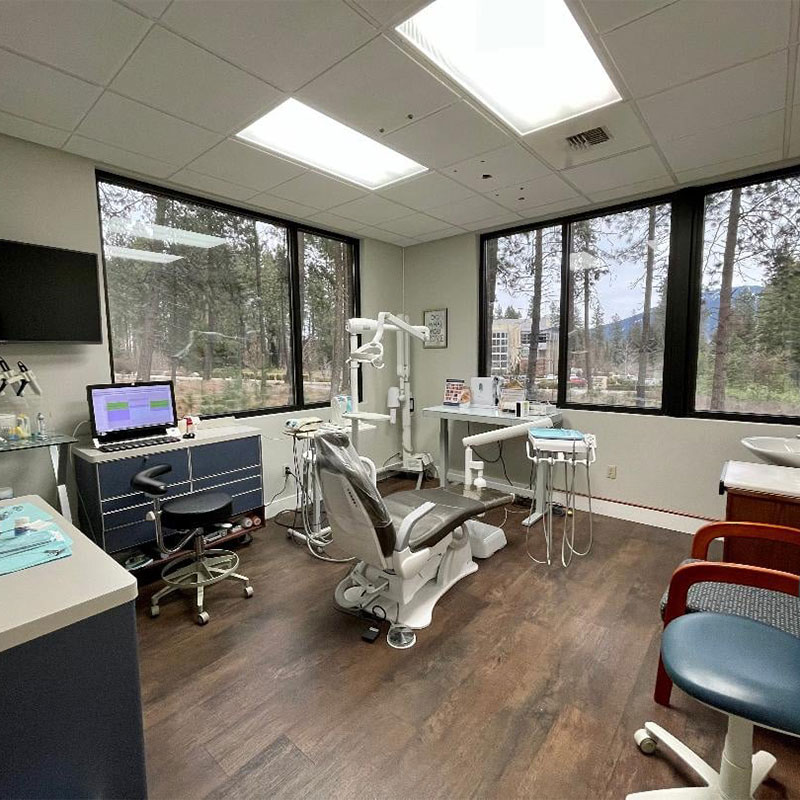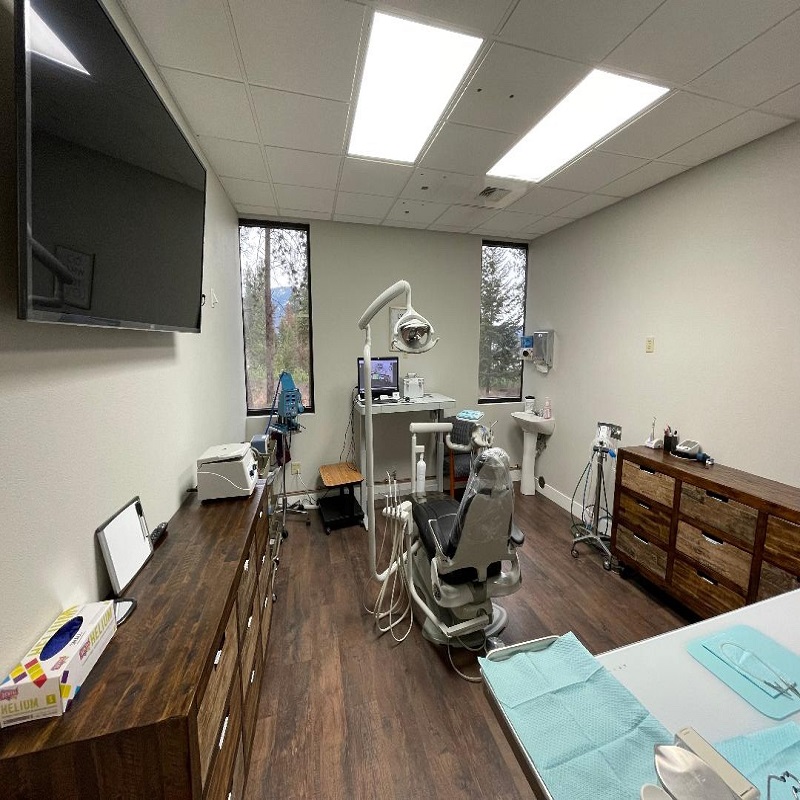Tooth Extractions

Full mouth tooth extractions are fairly common procedures. All removable dentures or future implants placement depends on a solid foundation of bone left behind after the extractions have been completed. This foundation is accomplished by bone grafting at the time of extractions done carefully in order to preserve your bone for support. Prosthetic evaluation for the space needed for a particular prosthesis has to be completed prior to the surgical extractions step.
Atraumatic extractions to preserve bone are performed with the latest technology available which includes a Piezzo Surgical Unit, Atraumatic elevators and Platelet Rich Plasma/Platelet Rich Fibrin Centrifuges to harvest your own bone growth factors found in your blood platelets and mix them with the appropriate bone grafting material.
Extractions can range from a single tooth, to removing all teeth at once. Based on the preference of the doctor and/or the patient, conscious oral sedation under a benzodiazepine medication along with a local anesthetic is most often enough to numb the areas where the teeth will be extracted. Others will prefer to go under a general IV anesthetic so that they will be sedated during the procedure.
Sometimes a tooth may be impacted so tightly that it cannot be simply lifted out of the gums. In cases like this the tooth roots will be separated into 2 or 3 pieces first before being removed individually along independent paths of exit. Depending on the incision and extraction site, sutures may be needed to close the area. PTFE sutures are the best option, which will remain infection free up to 4 weeks to insure proper healing before being removed. Whenever appropriate, in less complicated cases, resorbing sutures are placed and allowed to dissolve on their own at the end of the healing period.
After the surgery you will need to rest. You need to be driven home by a friend or family member because of the anesthesia. You can expect for the extraction site to bleed for a little while after the surgery. Gauze will be applied at the completion of the surgery, and you will need to change it if it becomes soaked. If bleeding ensues and continues for longer than 2 hours, you should call your dentist. Rest when you return home, but do not lie flat. Prop your head up on a pillow when lying down. Your dental surgeon will prescribe you pain medication to take as directed. You can also use an ice pack not only reduce swelling but also for the pain. Your doctor might also provide you with a rinsing solution to disinfect the extraction site.
You will be limited to soft foods for a few days after your surgery. Some recommended foods are:
- Gelatin Pudding
- Yogurt
- Mashed Potatoes
- Ice Cream
- Thin Soups
- Other foods you can eat without chewing.
When drinking, make sure you do not use a straw. The sucking motion can loosen your sutures, restart your bleeding and slow the clotting process.
Smoking or exposure of the surgical site to contaminated items that do not belong in the oral cavity will result in infection of the extraction site, dry socket and graft failure. If you have prolonged pain, bleeding, irritation, or don’t feel that the extraction site is healing properly call your surgeon for a follow up immediately.

I am grateful to have found Dr. Olaru, who is highly skilled and experienced in his specialty. I trust him to suggest and perform procedures needed to address and resolve my dental situation in a professional and skillful manner.
I would highly recommend Dr. Olaru.
~ Cate C
Which Implant Solution is Ideal for You?




